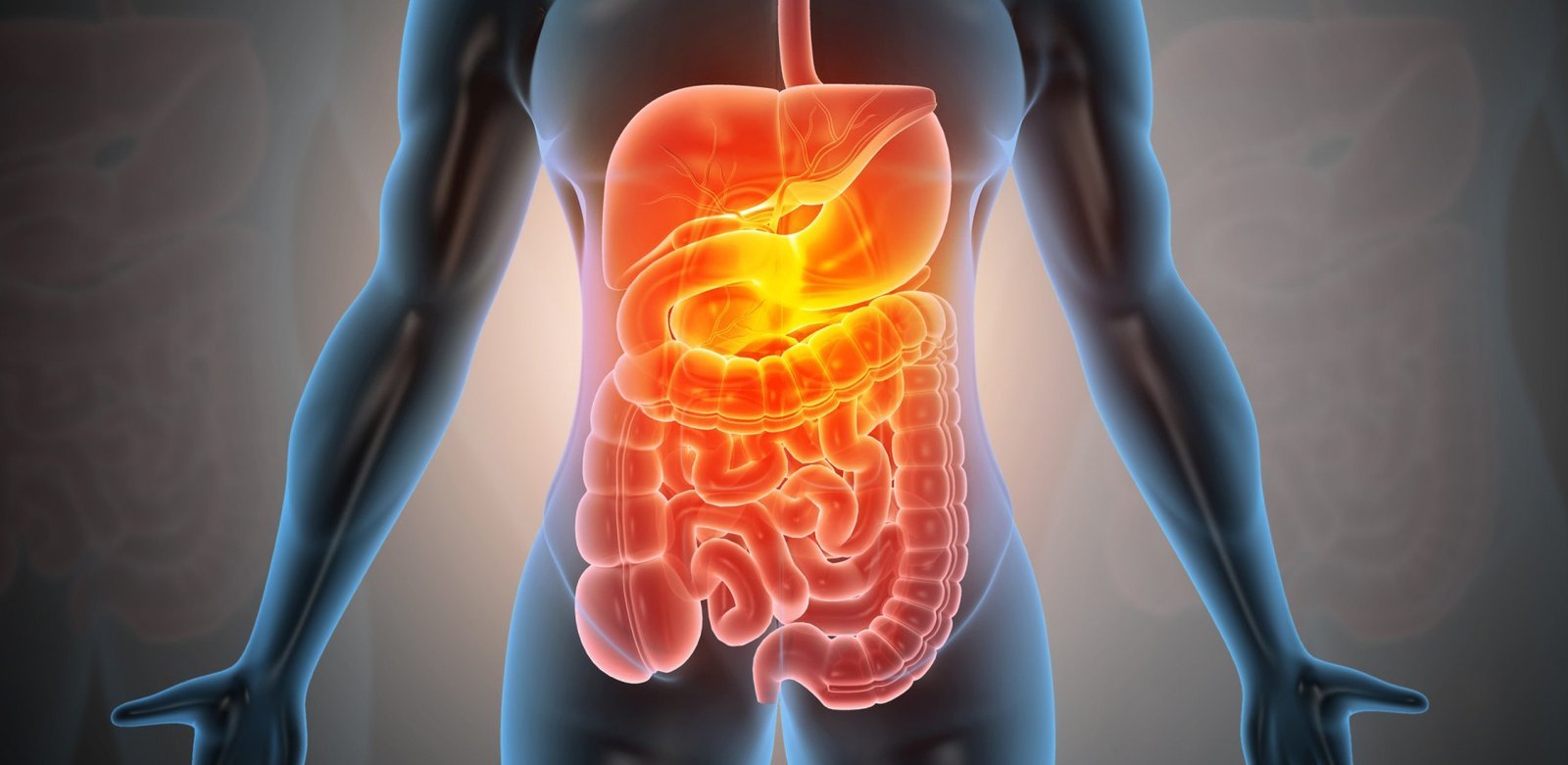

German Integrative Medical Center
Saudi German Hospital – Dubai




German Integrative Medical Center
Saudi German Hospital – Dubai





Intestinal disorders are medical conditions that affect the normal structure and function of the intestines (small and large intestines). These disorders disrupt digestion, nutrient absorption, or waste elimination, leading to symptoms such as abdominal pain, bloating, diarrhea, constipation, bleeding, or malnutrition.

The intestines are essential for:
Digesting food
Absorbing water and nutrients
Eliminating waste
When the intestines are inflamed, infected, irritated, or structurally damaged, their functions become impaired. These disorders can be acute (short-term) or chronic (long-term), and they may result from infections, autoimmune reactions, stress, poor diet, genetics, or other lifestyle and environmental factors.
Irritable Bowel Syndrome (IBS) – A functional disorder linked to stress and food sensitivities.
Inflammatory Bowel Disease (IBD) – Includes Crohn’s disease and ulcerative colitis, causing inflammation and tissue damage.
Celiac Disease – An autoimmune response to gluten, damaging the small intestine.
MCAS (Mast-Cell-Activation-Syndrome) – Uncontrolled histamine release from intestinal mast cells after contact with different food antigens resulting in inflammation and diarrhea.
Intestinal infections – Caused by bacteria, viruses, or parasites.
Colon Cancer – A serious condition involving abnormal cell growth in the colon or rectum.
Integrative medicine combines conventional (Western) medical treatments with evidence-based complementary therapies. This holistic approach targets the root cause, not just symptoms, and supports the body’s natural healing processes.
Components of Integrative Treatment for Intestinal Disorders:
Functional Testing:
Comprehensive stool analysis for pathogenic bacteria, yeasts and viruses
Gut microbiome testing for physiologic bacteria
Food allergy/intolerance screening by means of IgE-, IgG4-, LTT as well as histamine, lactose, fructose intolerance tests
Nutrition Therapy:
Personalized diets in rotation system (hypoallergenic, gluten-free, anti-inflammatory)
Gut-healing nutrients (zinc, L-glutamine, omega-3s, prebiotics, probiotics)
Herbal Supplements: Aloe vera, Turmeric, Boswellia and Slippery elm (for gut lining repair)
Mind-Body Medicine:
Stress management (yoga, meditation, breathwork)
Cognitive Behavioral Therapy (CBT) for stress-related GI issues
Lifestyle Changes:
Regular exercise
Sleep optimization
Reducing alcohol, caffeine, spices and smoking
1. Comprehensive treatment of the real causes
Integrative therapy targets not only the symptoms (like pain, bloating, or diarrhea) but first of all the real causes leading to such clinical conditions like chronic bacterial, yeasts and viral infections, multiple food sensitizations and uncontrolled release of histamine and other mediators of inflammation.
2. Personalized Nutrition and Dietary Guidance
Nutritional therapy, including personalized hypoallergenic diets or elimination diets, is tailored to each patient. Working with dietitians helps identify specific food triggers and supports long-term gut health.
3. Gut Microbiome Support
Following the elimination of pathogenic strains, administration of prebiotics, probiotics and herbal supplements to support a healthy microbiome, which plays a crucial role in digestion, immunity, and inflammation control.
4.Mind-Body Techniques
Stress has a major impact on gut function. Techniques like mindfulness, cognitive behavioral therapy (CBT), gut-directed hypnotherapy, and yoga can help regulate the gut-brain axis and reduce flare-ups.
5. Improved Quality of Life
Addressing physical symptoms alongside mental well-being and lifestyle factors often leads to better overall outcomes, higher patient satisfaction, and improved quality of life.
REFERENCES
German Integrative Medical Center Saudi German Hospital - Dubai, UAE
Copyright © 2025 German Integrative Medical Center. All rights reserved.

German Integrative Medical Center Saudi German Hospital - Dubai, UAE
Hospital Indications
Copyright © 2025 German Integrative Medical Center. All rights reserved.

German Integrative Medicine
We're online and ready to help
Any questions related to Intestinal Disorders?
WhatsApp GIMC
🟢 Online | Privacy policy
WhatsApp German Integrative Medical Center